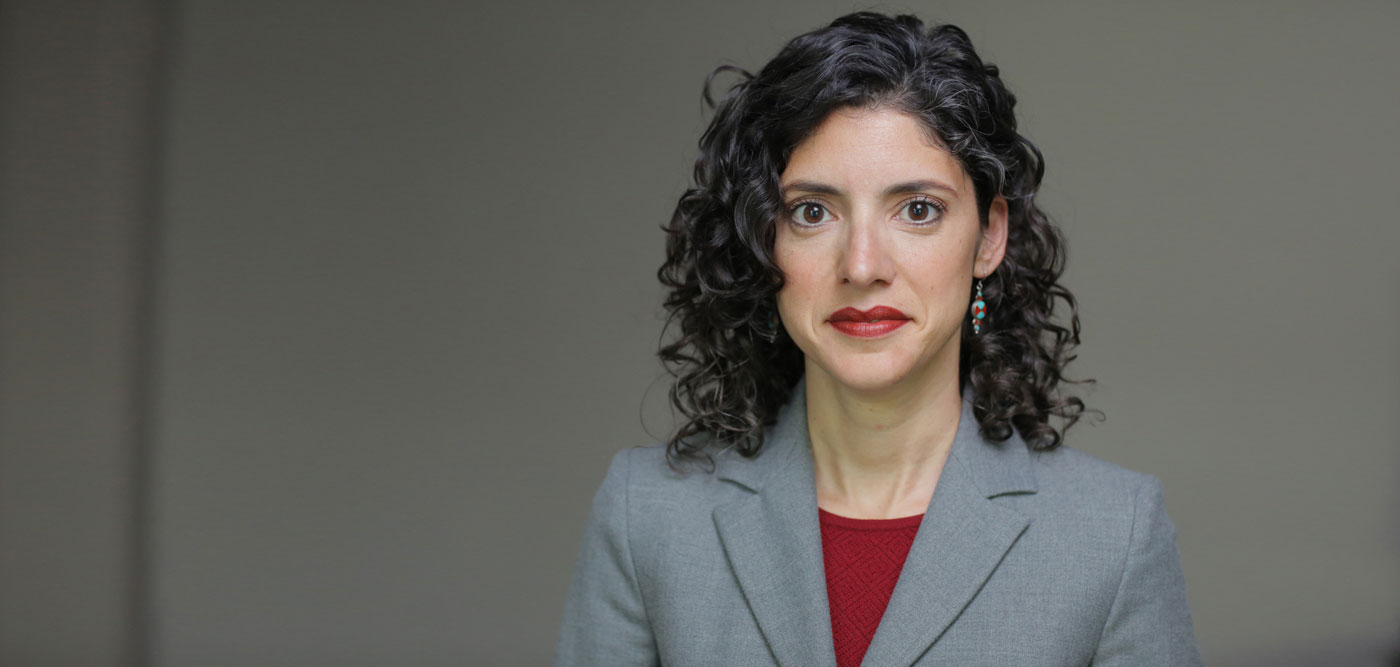
Big Payday for the NJEA Execs Who Plotted Sean Spiller’s Vanity Run
September 16, 2025
Montclair Parents Don’t Know 40% of Students Can’t Do Grade-Level Math. A New Partnership Aims to Change That.
September 23, 2025Three Reasons Why Lakewood Is Broke
How does a school district stay solvent when it enrolls 4,357 students but has to pay all transportation costs and special education services for more than 50,000 children in private religious schools? When tuition to one private school for Jewish children with disabilities tops $45 million a year? When the local school board spends twice as much on legal costs than the average New Jersey district? When the district has closed budget holes over the last three years only by borrowing $300 million from the state?
This is the perennial quandary facing Lakewood Public Schools. Many agree that New Jersey’s 2008 school funding formula (SFRA; here is an explainer) doesn’t work here — SFRA is calculated based on enrolled pupils, not private students with disabilities. But the problems appear far deeper, as noted by the recent appellate court decision that the district’s fundamental problem is “fiscal mismanagement.”
“The causes are well-documented, and quite frankly, hard to miss,” the judges wrote in the ruling, as reported by the NJ Monitor. “The consistent pattern of neglect and misfeasance by various elected and appointed Lakewood school leaders with respect to critical governance, finance, curriculum, transportation, and special education recommendations made by respondents over the years lends an aura of deliberate indifference to these proceedings.”
Here are three reasons why Lakewood can’t stay out of the red
Low School Taxes: Lakewood’s board of education has never asked local taxpayers to contribute what the state defines as their “Local Fair Share (LFS),” a calculation for the property tax rate based on resident wealth and rateables. The state average for LFS in 2024 was 1.376%. Lakewood’s contribution last year was 1.032%, well below what homeowners in other districts pay for schools.
Legal expenses: The district pays Michael Inzelbuch, its primary lawyer, $600,000 a year, more than any school board attorney anywhere. Some years Inzelbuch makes almost a million dollars. School board members argue he deserves this because he pretty much runs this unusual district. Others argue this is a poor use of public tax dollars due to an overly-deferential school board which appears to be in his thrall, with Inzelbuch as powerful within the school community as the Vaad is within the city of Lakewood.
In response, the State Department of Education’s Fiscal Monitor (one of four assigned by the state to try to straighten out the district) overruled the recent Board vote that kept Inzelbuch in place despite far lower bids from other law firms. (The Board is currently in the midst of evaluating new bids.)
That’s not all for legal expenses: the school board approved hiring Matthew Boxer of Lowenstein Sadler for $880 an hour, part of a long list of contracts with law firms compiled by the Asbury Park Press. Here is one example from recent school board minutes:
- Approve the 2025-2026 Special Counsel Agreement with Chiesa Shahinian & Giantomasi Law (CSG Law), as Special Counsel for the Board of Education on miscellaneous matters at a cost of $475 per hour in addition to 3% of the amount of fees to cover internal expenses not to exceed $100,000, to be paid through budget account #11-000-230-331-00-0001.
Special Education for Non-Public Students: Services for students with disabilities are expensive everywhere but Lakewood brings it to a whole new level. This is because, given the demographics of the city — 70% of resident are Orthodox Jews who don’t send their children to public schools—the district is responsible for many classified non-public school students, although a bit of that is covered through state and federal funding streams.
[Note: Every district in the state is included in a DOE database that offers access to annual budget line items, including legal and private school costs — except Lakewood’s. Instead, a note at the top of the database says “Users should be aware that user-friendly budget data for Ocean County’s Lakewood Township school district is not being posted for the current fiscal year; please contact the NJDOE Public Information Office for additional information.” NJ Education Report contacted the NJDOE’s Public Information Office, which has yet to provide that additional information.
Updated with DOE response: “The User-Friendly Budget data on our website includes data for all districts that submitted certified budgets. User-Friendly Budget data is included for Lakewood in all previous years, but is not included in the 2024-2025 data because the district’s User-Friendly Budget was not finalized at the time of posting due to local delays in submitting a budget. We expect to have the district’s User-Friendly Budget data added in the near future.”]
Lack of transparency aside, let’s look at the School for Children With Hidden Intelligence (SCHI), which appears to only serve Orthodox Jewish students whose disabilities are too severe to be educated at yeshivas. The school board agenda for May 28th lists 264 Lakewood non-public students who will attend SCHI.
Let’s do the math. This agenda lists two different amounts for SCHI’s 2025-2026 annual tuition: $151,200.00 or $193,200.00. (According to the DOE’s list of approved tuition rates for special education private schools, SCHI is the most expensive in the state.) I used the average of those two tuitions, which comes to $172,200 per student per year. This means Lakewood and state taxpayers will pay $45,460,800 to SCHI to serve those 264 students for this school year.
That list is from one agenda: typically every agenda has at least a few private placements. For instance, the June 18th agenda lists 90 or so non-public students who will attend the Center for Education at annual tuition rates between $72,135.00 to $127,522.50.
Both SCHI and Children’s Center are considered by local parents to be appropriate placements (kosher meals, etc.) for Orthodox students with disabilities. In 2017 the Star-Ledger quoted a source with knowledge of special needs placement in Lakewood who is not authorized to speak on the record, “There is a lot of pressure from the Orthodox community to get their kids into these cultural settings.”
These fees don’t include transportation.
Meanwhile, how are those students in Lakewood’s district schools?
According to 2024 state standardized tests, 60% of students can’t read at grade level; 75% lack proficiency in math. The graduation rate is 82%, well below the state average. The state’s Taxpayer Guide to Education Spending says Lakewood’s cost per pupil (most recent data is 2022-2023) is $65,435 per year. Crazy high, but that reflects how much the district spends on non-classroom services.
All school boards need to hire lawyers. All children with disabilities, regardless of where their parents send them to school, are entitled by law to a free and adequate education in the least restrictive environment. But how do we balance the needs of the majority (who won’t attend public schools) with the needs of the minority? How does a school board create a solvent budget when such disproportionalities are baked in?
It doesn’t. There may be a solution for a district like Lakewood that is fair to all students, private and public, but we haven’t seen it yet.





4 Comments
This article highlights serious financial mismanagement and lack of transparency in Lakewoods school district, particularly regarding legal expenses and special education costs. Its concerning how tax dollars are being spent, especially when public school performance is failing.
This article effectively exposes the financial mismanagement in Lakewoods school district, particularly the outrageous legal spending and astronomical special education costs. It’s alarming how tax dollars are being squandered while public school performance plummets.SunPerp
This article really opens my eyes to the financial issues in Lakewoods school district. The spending on legal fees and special education is outrageous, especially when public school performance is so low. Its a wake-up call about how tax dollars are being wasted.
This article is a wake-up call about the financial chaos in Lakewoods schools. The spending on lawyers and special education is outrageous, while public school performance suffers. Something needs to change, and fast.crazy cattle 3d.github